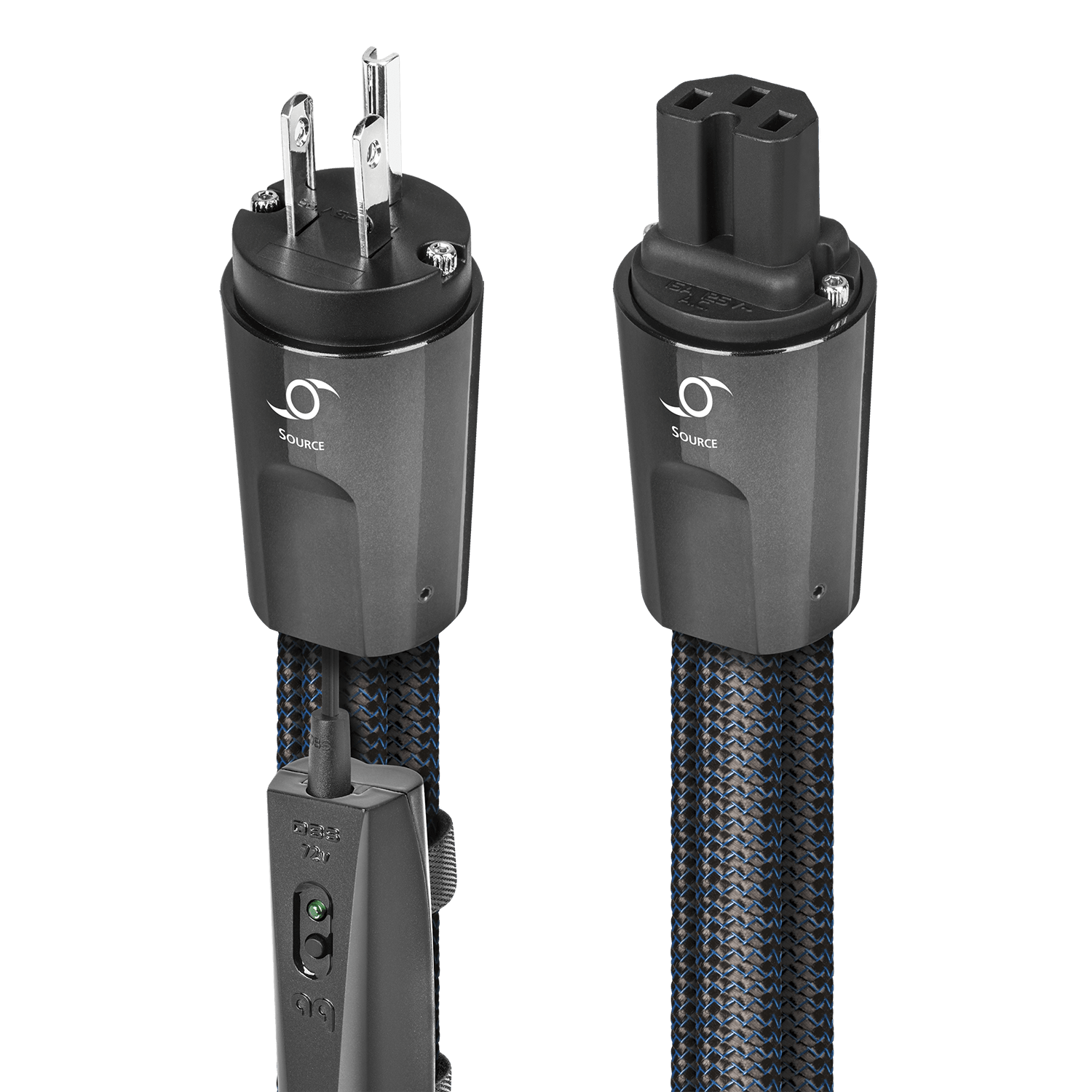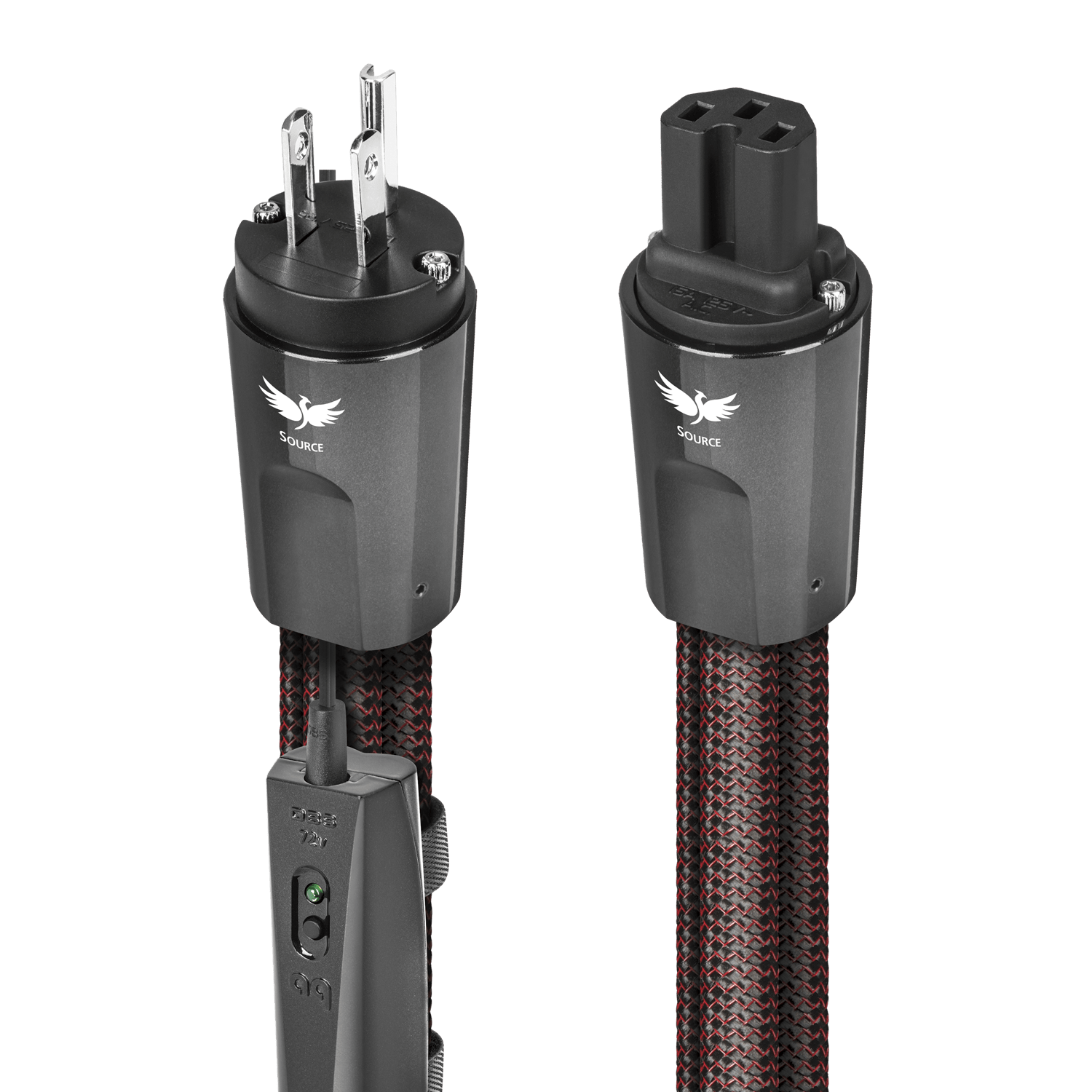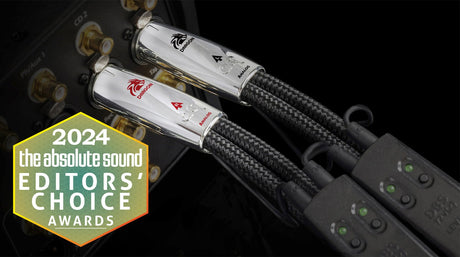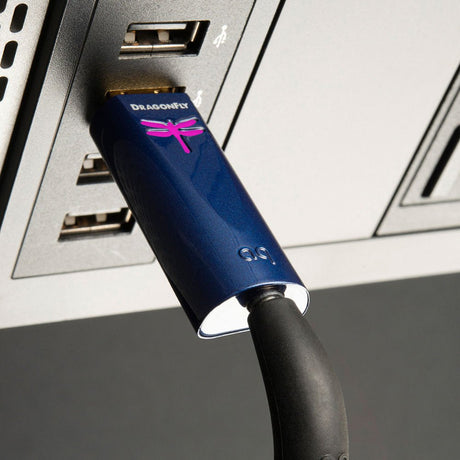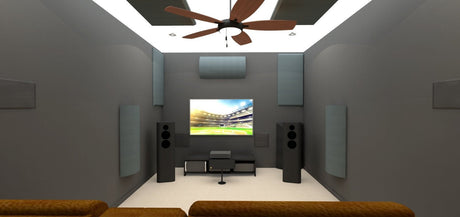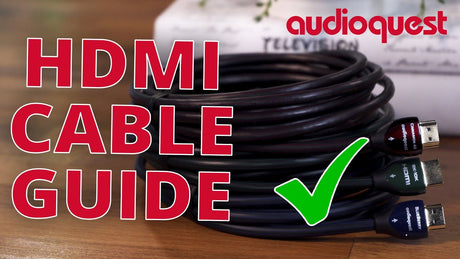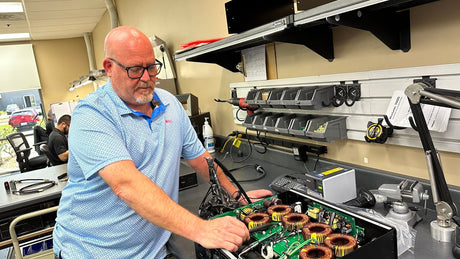Kündigungsoptionen: Bananen oder Spaten?
Verstärkerendanschluss: Multi-Spade, Banane, U-Spade oder V-Spade
Oftmals hängt die Wahl zwischen dem Abschluss von Lautsprecherkabeln mit Flachsteckern oder Bananensteckern von den persönlichen Vorlieben ab. Heutzutage werden die EU-konformen isolierten Polklemmen jedoch an mehr Leistungsverstärkern als je zuvor verwendet. Dies macht es manchmal schwierig, wenn nicht sogar unmöglich, einen Bananenstecker zu verwenden.
Angesichts des Umfangs und Gewichts unserer Lautsprecherkabel der Mythical Creature-Serie ist ein Spaten möglicherweise besser geeignet, das Kabel vollständig zu tragen. Dies ist insbesondere bei Polklemmen ein Problem, bei denen ein Bananenstecker nicht vollständig in die Polklemme passt. Darüber hinaus akzeptieren die EU-konformen Pfosten weder unseren V-Spade noch ermöglichen sie den vollständigen Sitz unseres Multi-Spade. Für diese Anwendungen (oder wenn Sie sich nicht sicher sind) empfehlen wir dringend den U-Spade , da er für jeden Polklemmen geeignet ist. Der V-Spade ist ein spezieller Spatenverbinder, der gut mit großen Flügelmutter-Bindepfosten (wie dem Mundorf) funktioniert, da er zusätzlichen Freiraum bietet.
Lautsprecherendanschluss: Flachstecker oder Banane (nur Silber)
Hier empfehlen wir typischerweise den U-Spade- oder Bananenstecker. Auch wenn auf dieser Seite des Kabels (insbesondere bei BiWire-Sets) weniger Gewicht und Druck ausgeübt werden, ist es dennoch wichtig, das Design des Polklemmens zu beachten. Wenn ein Bananenstecker nicht vollständig in die Polklemme passt, empfehlen wir einen unserer Flachstecker.


